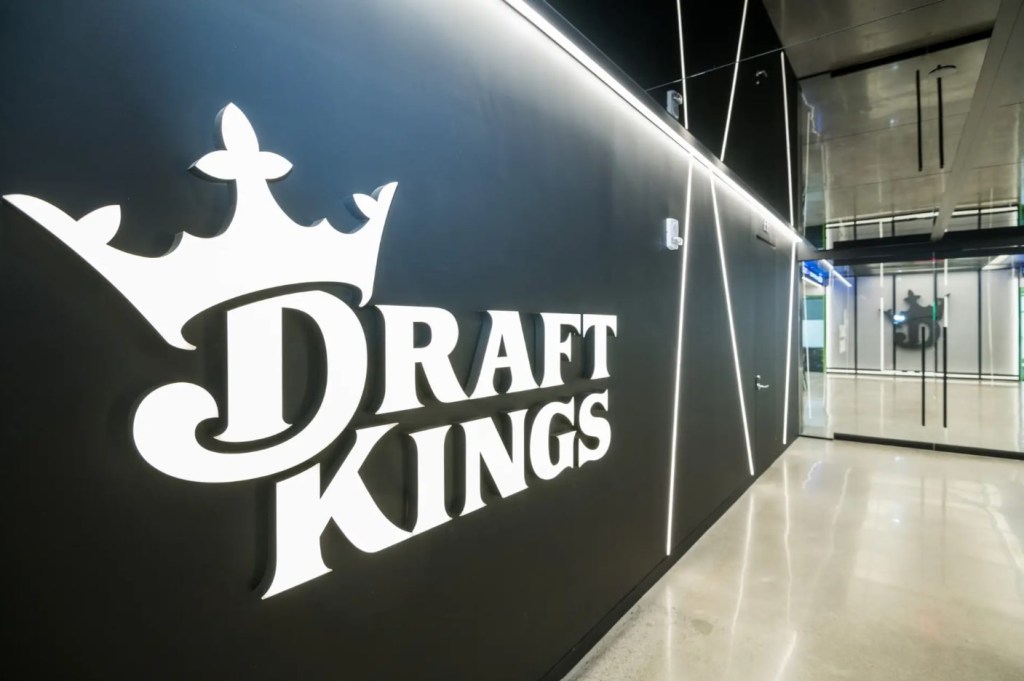Two LIV events are in the books, and defections from the PGA Tour are increasing by the week.
As such, sportsbooks have begun integrating the offshoot golf league into their offerings — and will likely continue to do so as long as the money keeps flowing.
Although this past weekend’s LIV event in Portland reportedly attracted 1.5 times less money at SuperBook Nevada than the PGA Tour’s John Deere Classic, it’s a big improvement from the margin between LIV’s inaugural London event and the RBC Canadian Open — which garnered seven times the betting handle.
The prospect of handicapping an entirely new sports offering isn’t exactly foreign territory. In the last few years amid the pandemic, new leagues or new interest in existing leagues has prompted oddsmakers to slap together numbers to entice bettors and books alike.
It all starts with data collection.
“For the KBO, it was a lot of looking at FanGraphs, at Korean baseball statistics sites,” Ben Porter, the head of MLB at odds provider Angstrom, told Front Office Sports. “For the XFL, it was looking at guys’ college numbers, if they played in the CFL, if they played a couple games in the NFL, whatever it might be.
“It’s really just a best-effort thing in terms of gathering as much data as possible.”
Luckily for oddsmakers, there’s an extensive trove of data available on LIV.
Many of the Saudi-backed golf venture’s players have years — sometimes decades — of scorecards. Phil Mickelson, for example, has more than enough history to be priced correctly against the rest of the field.
But then there are the courses: With the exception of the season finale at Trump National Doral Miami — which hosted a slew of Tour tournaments from 1962 to 2016 — none of the venues have hosted a PGA Tour event or a major.
U.S. Amateurs, U.S. Women’s Opens, and other pro tour tournaments have been staged on these courses, but the fact that many of LIV’s competitors haven’t played on them provides a level of uncertainty.
The size of the field is also a big differentiating factor between LIV and the PGA Tour — for now.
“What you see with a smaller field is typically that the odds are just lower,” Porter says. “I think generally with a small, well-known, popular field, you’re gonna see odds that are a lot tighter on both the favorite and long-shot side.”
With the odds provided, it now falls to sportsbooks — and states where they operate — to either offer those bets or not.
Per ESPN, many states signed off on books to take wagers on LIV tournaments, but several others, notably New York and Tennessee, were less enthusiastic.
From there, the books themselves choose whether or not to offer the bets. DraftKings, PointsBet, and the SuperBook were among the companies that got in on the action early, while FanDuel and Circa Sports didn’t offer LIV bets, at least initially.
If they didn’t, it likely wasn’t because of LIV’s controversial reputation.
“I don’t think the legitimacy of the entity is a big deal at all unless there are concerns of potential match-fixing,” says Porter. “Since it has so much attention on it and the players are so high-profile, I can guarantee that isn’t an issue.”
The books and states that have yet to offer LIV odds, then, have a lot to lose by not “keeping up with the Joneses,” as Porter puts it. He believes they should at least copy the odds from other books if only to take the money.
“The sportsbook world right now is very much copycat in that if you don’t have a tournament like LIV, your offering is falling behind, and people will go elsewhere.”
















